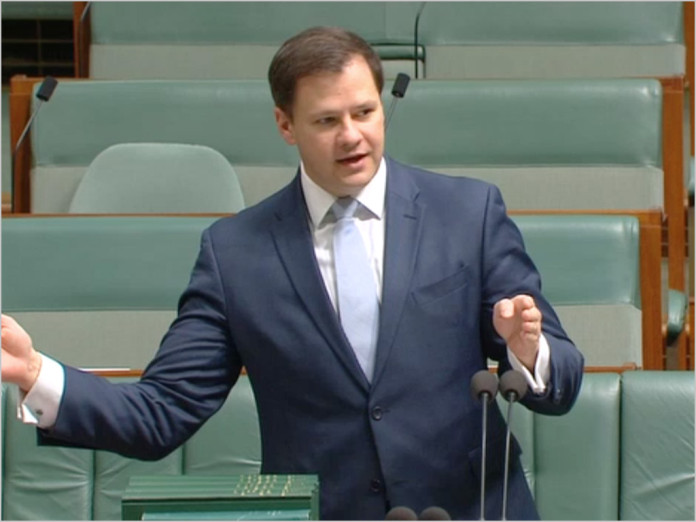
news The Labor opposition has announced a tranche of proposals to drive innovation across Australia – a move that is likely aimed to take the wind out of the government’s sails with a big innovation announcement due this week.
Taking aim at the incumbent Liberal government, Labor said in a statement late last week that the measures would “build on its higher education policy, its commitment to TAFE [technical and further education] and a properly funded school system, without which any innovation measures will have less impact”.
Labor’s statement was issued in the name of Opposition Leader Bill Shorten, Shadow Parliamentary Secretary for Digital Innovation and Startups Ed Husic (pictured), Shadow Communications Minister Jason Clare, and Shadow Innovation and Industry Minister Kim Carr.
The first of the several measures pledged would be to accelerate innovation across the country via ‘Regional Innovation Hubs’.
Currently, approximately two-thirds of Australia’s startup activity takes place in just one city – Sydney. The opposition’s plans would encourage the spread of innovation activity more widely across the country, it said.
To this end, it proposes creating a Regional Innovation Fund, aimed to kickstart initiatives to expand the role of Australia’s regions in contributing to the national innovation effort.
Labor also plans to fund the establishment of up to 20 new accelerators over three years, based on applications from consortia that must include, at a minimum: a regional university or TAFE, local government(s), and a local business organisation (such as a chamber of commerce) or a group of local businesses.
Under the scheme, Labor would make available seed funding of up to $500,000 per year for three years, but it must be matched at least dollar-for-dollar with funding from the consortium or other sources.
Also proposed are self-sustaining Regional Innovation Hubs within universities or TAFEs that are closely integrated with the local business community.
Labor aims to combine these centres with the ‘Startup Year’ announced in September – a proposed portion of time in higher education that students can use to get involved in entrepreneurial activities.
The second major announcement pledges new tax incentives to drive innovation.
Labor said it will act to boost the flow of more capital into Australian startups to encourage innovation, the development of new concepts and help create jobs for the future.
The funding of startups would be encouraged by offering tax relief for angel investors through a new Australian Angel Investment Scheme and via changes to the existing Early Stage Venture Capital Limited Partnerships (ESVCLP).
Labour cites the success of the Seed Enterprise Investment Scheme (SEIS) in the UK, via which around 2,900 startups received support.
To drive early stage financing of startups across a diversity of sectors Labor will establish an Australian Angel Investment Scheme, based on the UK SEIS.
Based on the SEIS, the Australian scheme would provide:
- An upfront 50 per cent tax deduction for an investment up to a maximum of $200,000 per year
- Investors would be able to ‘carry back’ tax relief if they don’t reach the maximum $200,000 cap in any particular year
- Full capital gains tax exemption for equity held in the startup venture for more than three years
- Any realised losses following investment in the scheme can be deducted against wage and salary income
- Deferral of capital gains tax on investments if the investor directs a prior capital gain into a new startup venture
Startups supported under the scheme would have a maximum of 25 employees, a maximum of $400,000 in assets and a maximum raised under the scheme of $300,000 per year.
In addition, Labor would also lower the minimum level of investment required for entry into the ESVCLP program from $10 million to $5 million to further encourage funding from angel investors.
